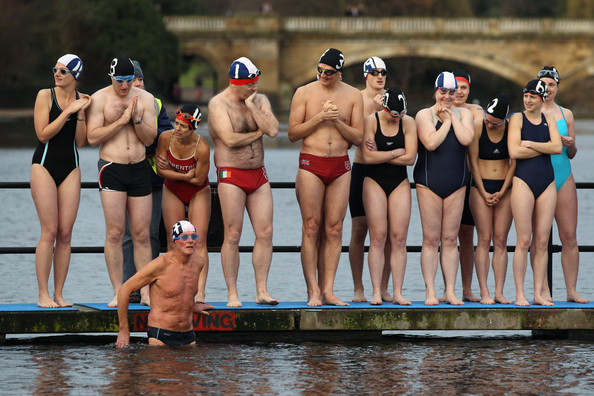Is It Right To Swim At Katy Swim Club While Having Cold and Cough

Swimming has a number of advantages. It boosts confidence, helps in developing leadership quality and at the same time, swimming can build team spirit as well as accommodating capabilities. Apart from these, if you want your child to have a strong resistance power, this is one exercise that can ensure you a good health for the long run. However, you cannot stop your child from catching cold or having fever. These are natural health issues and your child will experience them all, no matter how protective you are. But what swimming can do is prevent the regular occurrence and curtail its long term impact.
If your child is in love with water, it may be difficult for you to keep him or her away from swimming pool. But it is important to give a pause, in case the child is having excessive cold and cough problem. As a parent you need to analyze the symptoms of sickness your kid is experiencing and then take up the decision of not sending him or her to pool.
Stuffed-up and runny nose, watery eyes, sore throat, coughing, sneezing are some of symptoms of common cold. You can allow your child to swim, but it is important to understand the severity. Moreover, you need to check the workout sessions and stay alert because you would never want others in the pool to get affected because of your son or daughter bad health.

When to swim and when not to, totally depends on the health of your child. Encourage them to learn hygiene concerning swimming and try to convince them to rest for a while. If possible, select a place in the pool not surrounded by too many swimmers and make sure the water is comfortable.
If you still have any queries, consult the doctor of your child and decide whether he or she will be allowed to swim with cold and cough. Chest congestion is not unusual, but if this aggravates to something more serious, do not allow them swim. So, finally, it is your supervision and the health situation of your children that will determine whether they should be allowed to swim or not.
